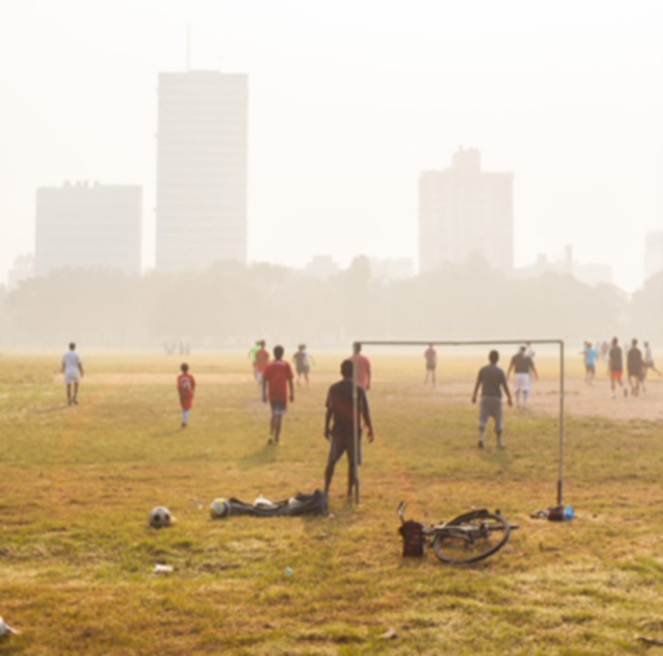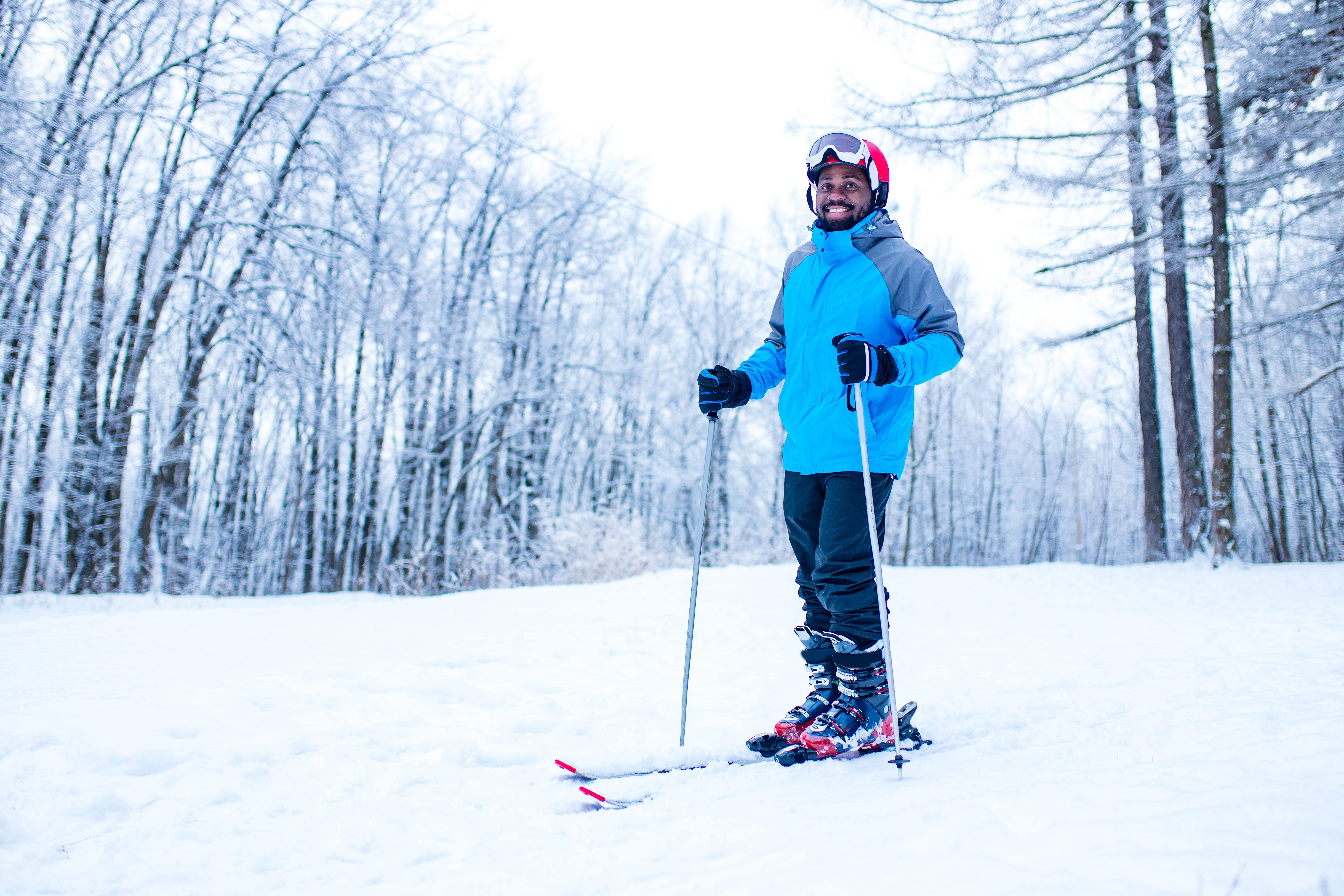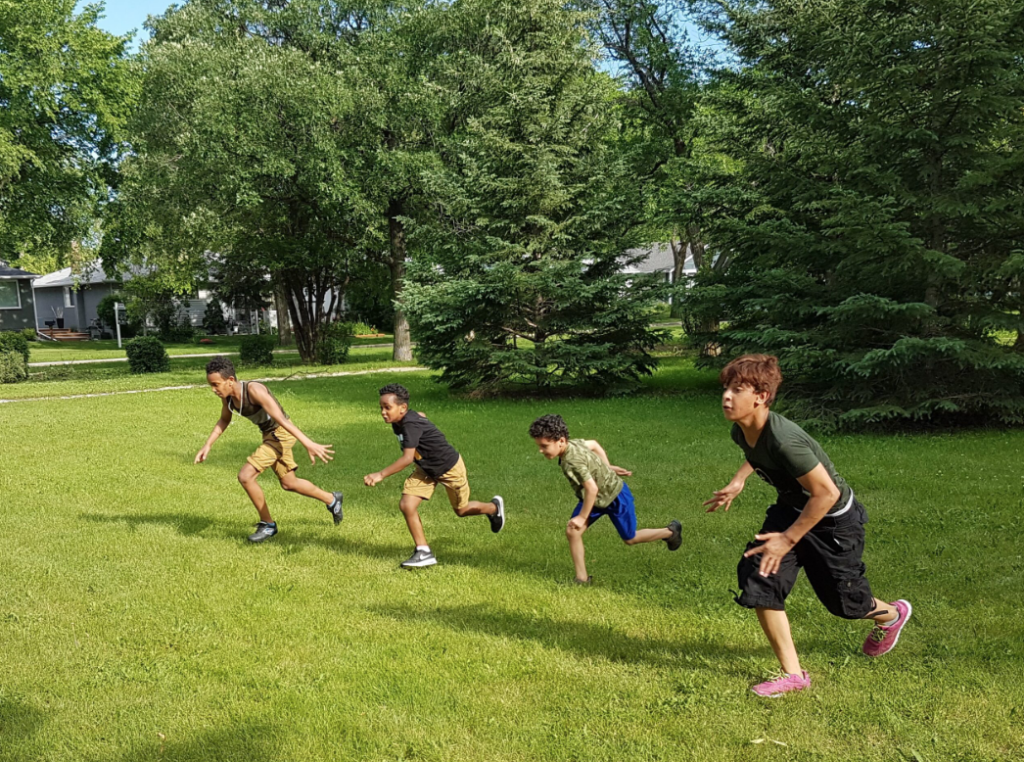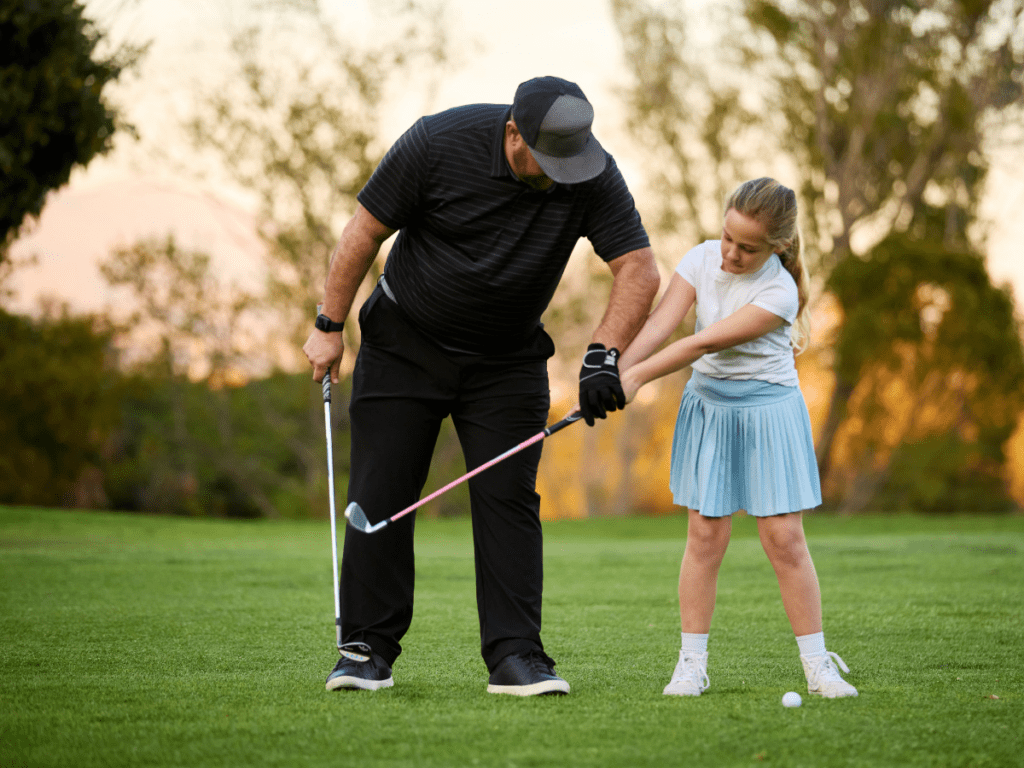Sport participation among adolescents with a history of child maltreatment

Project summary The prevalence of child maltreatment is overwhelming: a third of the Canadian population has endured at least one form of child maltreatment (Afifi et al., 2014). This includes sexual, physical, and emotional abuse, exposure to inter-parental violence, and neglect (WHO, 2016). Considering the deleterious and long-lasting consequences of child maltreatment (Dion et al.,…
Military sport programs
Sport programs have great potential to support the healing and recovery of injured and ill military personnel and their families. In fact, military personnel and their families alike benefit when sport programs recognize, appreciate and cultivate a sense of belonging for military families. Here are some tips to integrate military families into sport programs, which…
Sport Information Resource Centre, Coaching Association of Canada and Health Canada Launch Air Quality Health Index (AQHI) E-learning Module

Canada’s most trusted partner in advancing sport knowledge is raising awareness of the importance of the AQHI as it relates to athlete health and empowering sport leaders to make informed decisions about air quality. March 21, 2023 Ottawa – The Sport Information Resource Centre (SIRC), in partnership with Health Canada and conjunction with the Coaching…
Immigration, integration, and intersectoral partnership: A critical examination of introductory winter sport programmes for newcomers to Canada

View the summary of this research here. Project summary The objectives of this project were threefold: This project was based in Calgary, Alberta, Canada. I co-designed the WNP with intersectoral community partners from WinSport (a community-based sport facility) and Center for Newcomers and Calgary Immigrant Women’s Association (two Calgary-based settlement services organizations). Our aim was…
Physical activity and school performance
Research shows that physical activity can improve academic performance in children. In addition, engaging in physical activity can improve attention and cognition. It is recommended that teachers provide students with physical activity breaks and that physical activity is integrated into the curriculum.
Creating welcoming, equitable spaces for new Canadians in sport

Highlights: Sport can help to promote physical and mental health, build social connections and support integration into Canadian communities among newcomers to Canada Research shows that newcomers face unique barriers to sport participation, including cost, transportation, language, access to information, racism and religious or cultural considerations In this article, newcomers in participant, parent, and coaching…
How the sport system can best support lifelong participation in sport

Highlights The engagement and retention of adult sport participants is often overlooked within sport systems and organizations that focus predominantly on youth Despite coaches playing a key role in Masters sport, there are no clearly identified pathways into Masters coaching Masters athletes are often relegated to the worst practice times and facility resources This SIRCuit…
What parents and guardians need to know to create positive youth sport experiences

Highlights Parental behaviour has the potential to either positively or negatively impact youth athletes Current sporting contexts that frequently foster negative parental behaviour include parents “living vicariously” through their kids, the rise of youth sport professionalization and the high financial cost of youth sport This SIRCuit article offers practical tips for both parents and youth…
Ice safety
Snowmobiling and ice skating on ponds, lakes or rivers that are not adequately frozen can put individuals at risk. Checking ice thickness and colour before going on to it is key to preventing injuries. Keep in mind ice thickness can be impacted by many factors, including the time of year, the size of the body…
Women’s health and sports
On International Women’s Day, we’re reminded of the importance of undertaking women-specific research within the sport sector. Recent research on the relationship between women’s health and soccer showed that muscle and tendon injury rates were 88% higher during specific phases of the menstrual cycle. Additionally, 20% of injuries occurred after the expected date of menstruation….